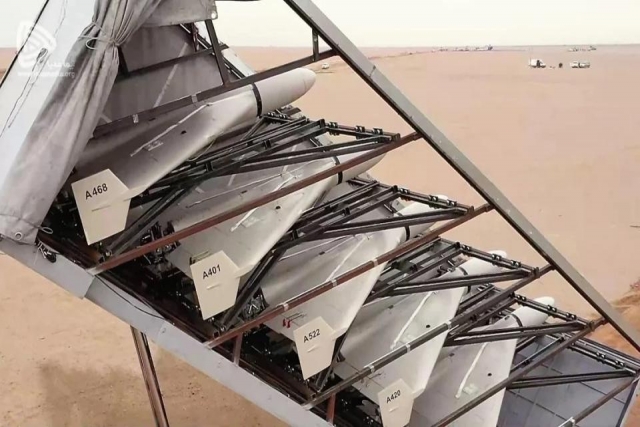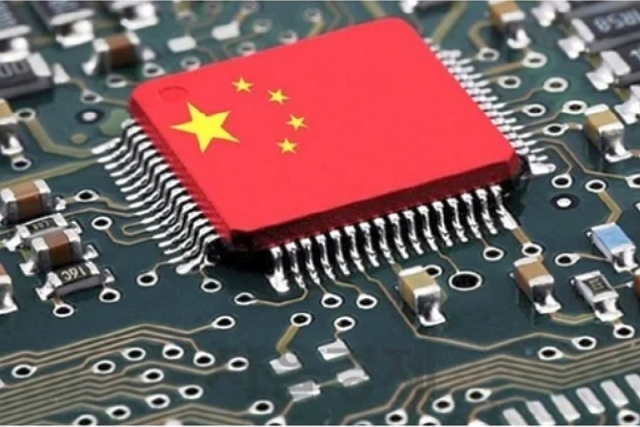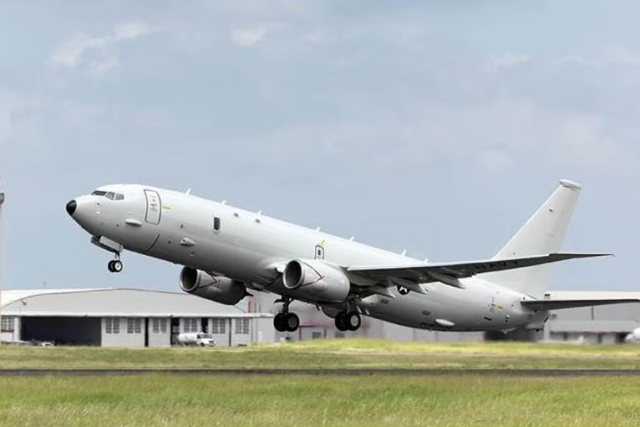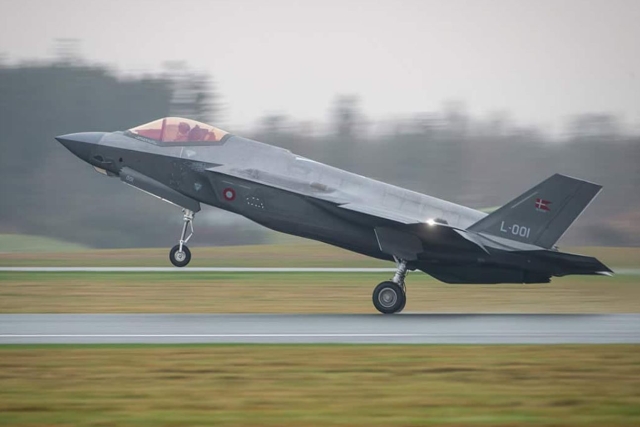Chinese Entities Defy U.S. Ban, Continue Procuring Banned Nvidia Chips for Military and AI Development
Chips power intricate machine learning tasks and elevate existing AI models in China.
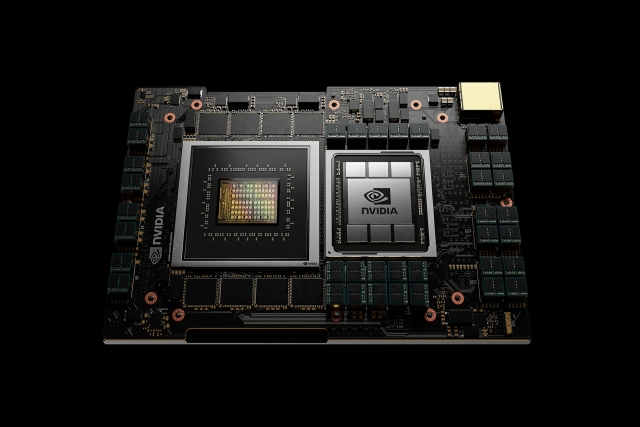
Various Chinese military bodies, state-run artificial intelligence (AI) research institutes, and universities have been actively purchasing Nvidia semiconductors, including the banned A100 and H100 chips, over the past year.
This was first reported by Reuters on Monday.
The findings indicate a persistent challenge for the United States in completely halting China's access to advanced U.S. chips, essential for advancements in artificial intelligence and sophisticated military computing.
Despite U.S. export bans imposed on Nvidia semiconductors, tender documents reviewed by Reuters reveal that numerous Chinese entities, including elite universities and those subject to U.S. export restrictions, have successfully acquired and taken receipt of the restricted chips. Notable entities involved in these purchases include the Harbin Institute of Technology and the University of Electronic Science and Technology of China, accused of ties to military activities against U.S. national interests.
The A100 and H100 chips, banned from export to China and Hong Kong in September 2022, have been sought after, along with the subsequent A800 and H800 chips, banned in October. The graphic processing units produced by Nvidia are renowned for their superior capabilities in artificial intelligence work, efficiently processing vast amounts of data crucial for machine-learning tasks.
The investigation highlights the absence of viable alternatives for Chinese firms, despite ongoing efforts by companies like Huawei to develop rival products. Prior to the bans, Nvidia held a dominant 90% share in China's AI chip market.
The Reuters review indicates a growing underground market for these banned chips in China. Chinese vendors claim to acquire excess stock through various means, including purchases from large U.S. firms, or imports facilitated by companies locally incorporated in regions such as India, Taiwan, and Singapore.
In response to these revelations, Nvidia stated its compliance with all applicable export control laws and emphasized its requirement for customers to do the same. The U.S. Department of Commerce declined to comment on the matter, while U.S. authorities have expressed their commitment to closing loopholes in export restrictions and limiting access to these chips by Chinese companies operating outside China.
Chris Miller, a professor at Tufts University and author of "Chip War: The Fight for the World's Most Critical Technology," highlighted the difficulty of creating watertight export restrictions for small, easily smuggled chips. He suggested that the primary objective of U.S. restrictions is to impede China's AI development by hindering the construction of large clusters of advanced chips.
The review of tender documents indicates purchases of A100 and A800 chips by various state entities, with Tsinghua University alone procuring around 80 A100 chips since the 2022 ban. Despite the small quantities in most tenders, the chips contribute to running complex machine-learning tasks and enhancing existing AI models in China.
